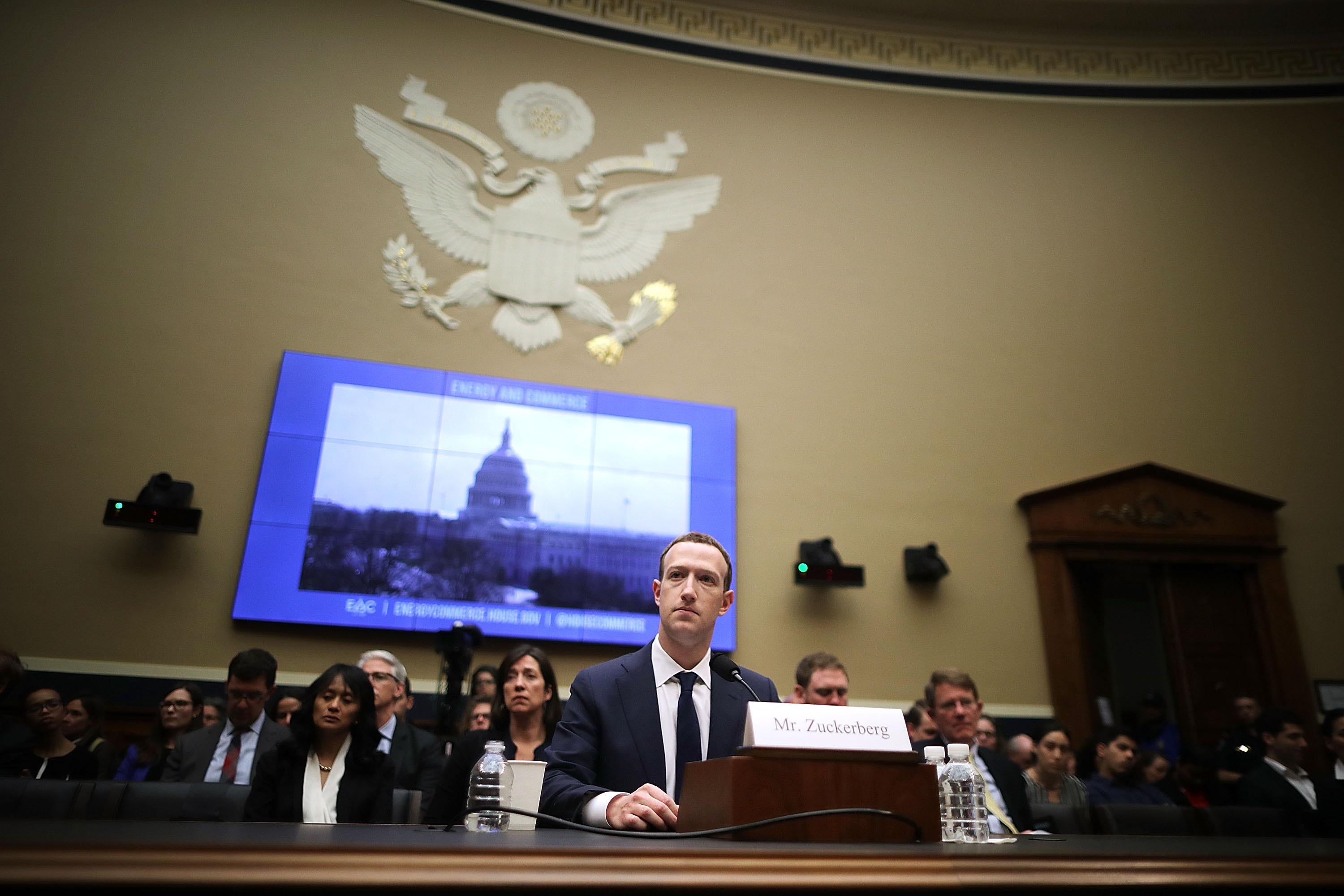The most recent major antitrust case in the U.S. happened 20 years ago, when the federal government went after Microsoft. In the decades since, technology companies like Apple, Facebook, Google, and Amazon have sprung up and, relatively free from political consequence, grown to subsume the entire internet. The result is vast and frequently horrific consequences for how we exchange and receive information, the ramifications of which we are just starting to comprehend. Neither Congress nor the Federal Trade Commission has been doing much by way of policy to limit internet platforms’ growth to promote competition, but that may finally be changing.
There’s a new ranking member of the antitrust subcommittee of the House Judiciary Committee, Rep. David Cicilline, D-R.I. His subcommittee is charged with overseeing antitrust issues that come before the House and evaluating the effects of monopoly power on the economy in order to determine whether new legislation or regulatory action is needed. And Cicilline is coming in with his sleeves rolled up.
In a recent interview with Bloomberg, the representative laid out his objectives in plain terms: “Our job is to figure out the responsible way to regulate these large platforms so that we are promoting competition, protecting privacy and making them responsible stewards of lots and lots of data.” He’s not just talk, either. In that same interview, Cicilline laid out a number of key things he plans to do in his new role: hold congressional hearings with the companies and technology experts, craft new regulations, and, fascinatingly, engage the public on issues of limiting corporate power.
“People often think that antitrust is this technical thing that they don’t really understand and that it’s the province of elite lawyers and happens behind closed doors,” says Stacy Mitchell, co-director of the Institute for Local Self-Reliance, who researches concentrated economic power. Mitchell is right that policy discussions around antitrust and competition have been held out of the public eye in recent years, and that this closed-door approach has opened the door to rapid economic consolidation. But it wasn’t always this way. “If you go back and look, monopoly was a topic in all but one of the State of the Union addresses from the 1930s to the 1960s,” says Mitchell. Cicilline’s plan to hold public hearings—including one with Facebook CEO Mark Zuckerberg—and to convince the public to get on board, too, harkens back to a time when concerns about corporations amassing and abusing monopoly power were more a part of the public discourse.
Republican control of the Senate makes passing any sort of regulatory action feel untenable. But it seems that one thing Republicans and Democrats share is considerable frustration with internet companies. In William Barr’s confirmation hearing for attorney general this week, it was two Republican senators who brought up antitrust concerns to the nominee. Sen. Josh Hawley, a Republican from Missouri, got Barr to say that he is “for vigorous enforcement of the antitrust laws to preserve competition.” Sen. Mike Lee, a Republican from Utah, also pressed him on antitrust at the hearing. Exasperation with these companies appears to cross party lines.
Having strong antitrust leadership in the House could also prompt the Federal Trade Commission, the federal agency in charge of protecting consumers and preventing anticompetitive behavior, to be more active in its role as an antitrust regulator too, says Tim Wu, author of The Curse of Bigness: Antitrust in the New Gilded Age and a law professor at Columbia University. When it comes to antitrust, “for the last decade Congress has been a major mental constraint on the FTC and the Department of Justice,” says Wu. Cicilline could bring renewed accountability. “For a long time, Congress has had its foot on the brakes—with the exception of the occasional senator or congressman. Now there’s at least one committee with its foot on the gas,” Wu added.
But what impressed me the most about Cicilline’s recent comments about his new job is that he considers it the responsibility of his committee to make the case to the public that the actions they’re taking matter, and even to “move the public to demand change.” This attitude combines with a growing set of voices rallying for change, like those at Freedom From Facebook, which aims to break up the social media behemoth’s monopoly. The NAACP also issued a recent call for a one-week boycott of Facebook in protest of how the company let Russian trolls target black communities. All of this could eventually coalesce into a larger public movement aimed at finally forcing consequences for the constant missteps and anti-competitive behavior from technology companies. Google, Facebook, Microsoft, Apple, and Amazon all routinely outspend other corporations on lobbying Washington. But if members of Congress are willing to be more vocal about reining in these companies’ power, their constituents may well listen.
